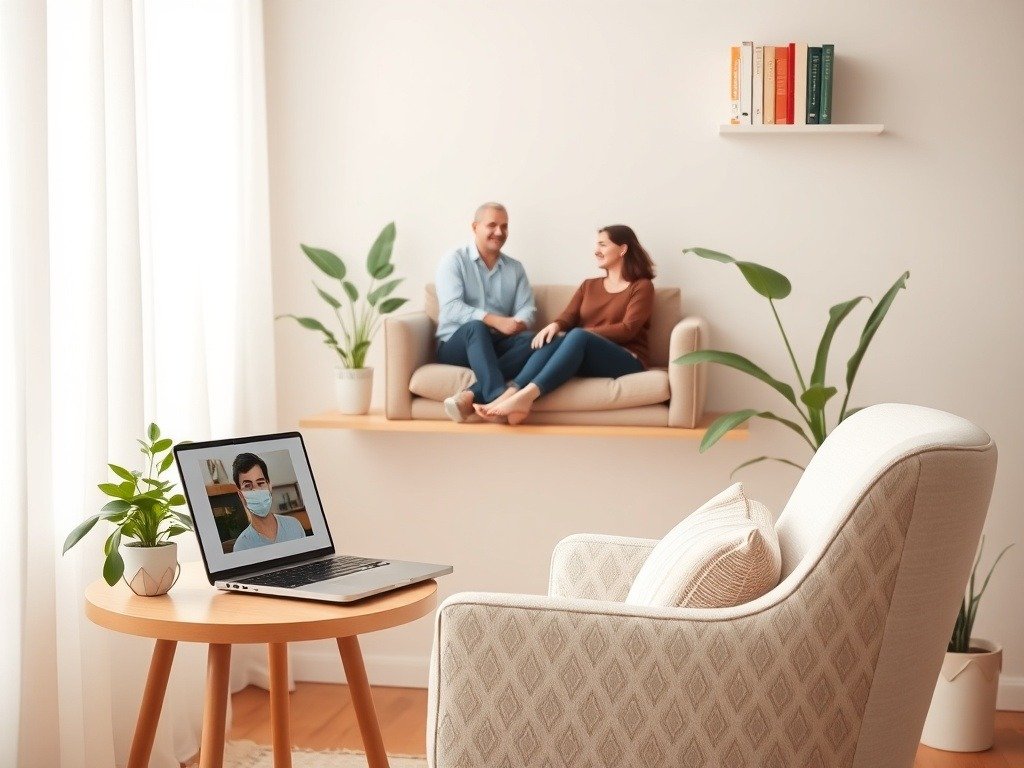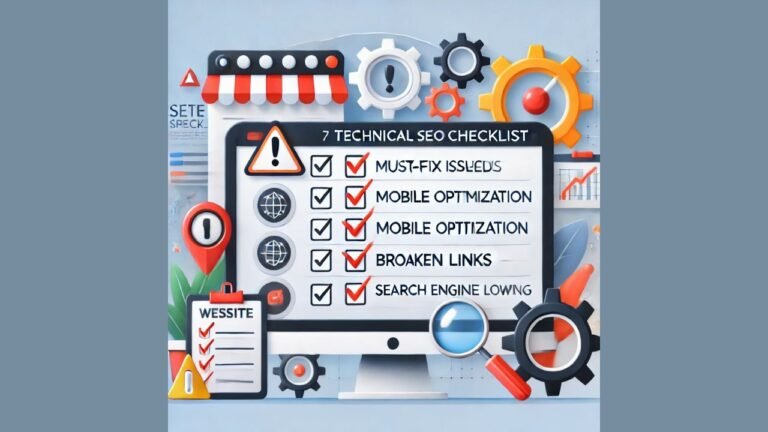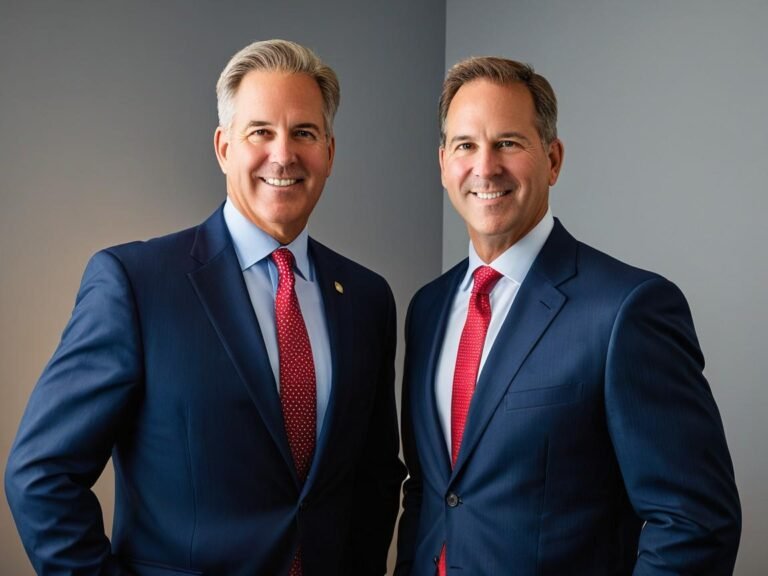
Online therapy has left the fringes. It is a practical, proven way to access care. People need flexible help that fits busy lives. The providers come to the clients where they are, at home, at work, or even on the move. The shift is steady and patient-led. The promise is simple: timely support with real clinicians at your pace.
What Online Therapy Looks Like Today
Online therapy mirrors trusted, in-person care. Sessions happen through secure video or phone. You collaborate with licensed therapists who have clear standards. You make plans, measure the results, and make changes as you develop. The setting changes, but the core relationship stays human and focused.
How Sessions Work
You schedule, join, and speak from a private space. Secure video sessions support connection and focus. Notes stay organized. Follow-ups feel easier because logistics get lighter. You spend more time on the work and less on the commute.
Where 24/7 DCT Fits In
24/7 DCT delivers online therapy and counseling with a simple aim: to make quality care easier to reach. The team supports individuals and families seeking practical tools and steady guidance. Sessions are structured, measurable, and built around your needs.
The service covers Ohio, Alabama, and Illinois. At one point, the clients are able to reach individual therapy, talk therapy, and trauma-informed support through a simplified online platform. You are treated by licensed personnel who know local conditions and laws.
Why Online Therapy Is Reshaping Care
Access improves when the distance drops. Online therapy removes time lost to traffic and waiting rooms. It also eases starts and restarts after life changes or moves. The format helps people keep appointments and maintain momentum. That consistency often leads to better outcomes and fewer gaps.
Convenience And Continuity
Flexible scheduling reduces missed sessions. Consistent contact builds trust and speed. Your therapist can share worksheets and check-ins between visits. You can reflect, note triggers, and return with clearer questions. The work feels steady, even during hectic weeks.
What Quality Means For Clients
Licensed Clinicians And Methods
Quality online therapy is based on licensed therapists and evidence-based care. These approaches are Cognitive Behavioral Therapy (CBT), EMDR therapy, exposure work, and emotion regulation skills. Telehealth tools support planning and review without burden. The aim is practical progress you can see and feel.
Privacy, Security, And HIPAA
Privacy is non-negotiable. 24/7 DCT runs sessions on HIPAA-compliant systems and follows strict confidentiality rules. That protects your records, your voice, and your space. You know who sees your data and why. You also control when and how you engage.
Care For Different Needs
Online therapy adapts to your stage of life. Teens benefit from focused coaching and skills practice between sessions. Parents gain guidance on structure and support. Adults address anxiety, grief, or burnout. The format suits short, focused work and longer journeys alike.
Support For Organizations
Workplaces need healthy teams. Online therapy gives staff discreet access without travel or stigma. Leaders can encourage early help and reduce disruption.
Making The Most Of Online Therapy
Start by defining one clear goal. Agree on measures—sleep, mood, focus, or panic frequency. Use brief notes between sessions to capture patterns. Your therapist will test tools, review results, and refine.
Tools That Travel With You
Virtual counseling works wherever you can find privacy. A car at lunch. A quiet room. You choose the spot that helps you talk openly. Small comforts help you do the hard work.
Skills That Stick
Online therapy turns insights into practice. You learn to name thoughts, regulate emotions, and plan responses. You rehearse skills during the week and report back. The loop is simple: try, notice, adjust. Over time, you replace guesswork with habits that hold.
Safety, Scope, And Fit
Online therapy has clear limits. It is not an emergency service. Severe crises need a local, in-person response. Match scope to need. A good provider explains what they can do—and what they will refer.
Fit matters as much as method. If a match feels off, say so. Therapists expect feedback and adapt quickly. You can revisit goals, change cadence, or request a new approach. The aim is steady, sustainable change that respects your life.
A Closer Look At 24/7 DCT Services
The team also provides individual sessions, talk therapy, and trauma-specific programs. The modalities are CBT and EMDR, as well as supportive counseling. The online format keeps scheduling flexible. You get practical steps and a clear plan for next week.
People across Ohio, Alabama, and Illinois work with licensed professionals who know their communities. The platform keeps records secure and consistent. Your therapist collaborates with you to set the pace and priorities. The result is care that feels present, accountable, and personal.
The Future Of Mental Health Care
Online therapy will keep expanding across homes, campuses, and workplaces. More people will begin care earlier because the first step is simpler. Teams will blend scheduled sessions with brief, focused check-ins. Data will guide plans while therapists keep the human touch central.
Communities in Ohio, Alabama, and Illinois benefit as access grows. Rural towns, busy cities, and college hubs gain new options. People skip long drives and still meet with the right professional. Families coordinate care with less disruption to school and work.
Choosing a provider still matters. Seek certified teams, legible descriptions, and prescribed plans. Enquire about modalities, time, and emergency procedures. Find an environment that is easy and safe on the first day. Alignment early prevents friction later.
Keep building your knowledge as you go. Read about core concepts in mental health. Use that context to set goals, shape questions, and track changes. Small, steady steps compound over time and support lasting gains.
Conclusion
Online therapy is here to stay—and to help. It brings experts to you, not the other way around. It respects privacy and time while centering progress. There is a chance to develop skills and overcome distress with deliberate decisions and online therapy that allows you to develop a healthier future.


![Where_to_Inject_TRT[1]](https://londontechinsights.co.uk/wp-content/uploads/2025/09/Where_to_Inject_TRT1-768x512.jpg)



